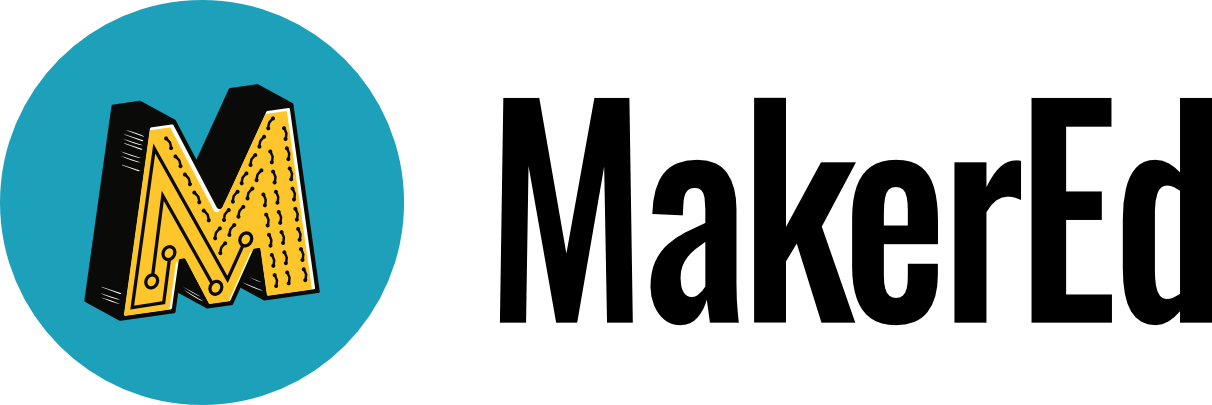Learning in the Making is a video series where we invite guest hosts of color on as equal and valued partners and collaborators, so that they can tell their stories and showcase the amazing things they are making and doing! In addition to learning with our guests through video project guides, we also interview our hosts to learn a little bit more about them.
In this post, Maker Ed chats with Brandon Rodriguez: NASA scientist and teacher of wild ideas. Join us tomorrow, June 2nd at 1:00 pm PDT for a very special Mars Rover episode of Learning in the Making!
Tell us a bit more about yourself!
My name is Brandon and I have been a scientist and an educator for roughly 12 years. I fell in love with chemistry at a young age, and decided to pursue it in college, although I had no clue what that really meant. I was an absolute nightmare for my teachers through high school, but really found my direction once I started exploring research.
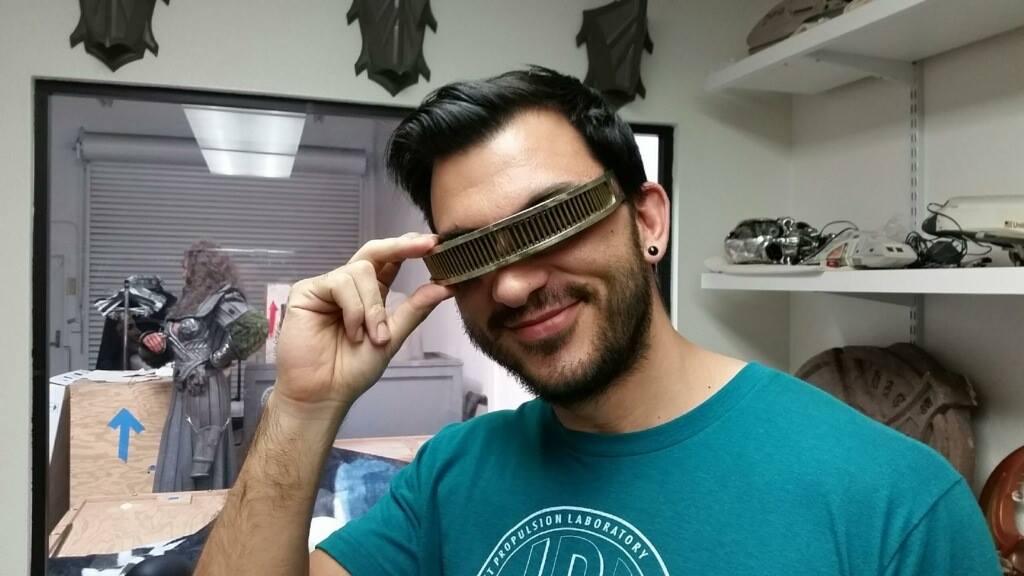
I became a research scientist developing biochemical pathways to make chemicals and plastics, and then made the radical switch to teaching. I loved my career in science, but I felt like I had more to give by teaching science than doing it. I’ve been teaching high school, college, or graduate school for about six years now, which has been the most rewarding experience of my life. Concurrently, I also work at NASA’s Jet Propulsion Laboratory, which has been so supportive of my being part of the community and shaping young minds to become the scientists of tomorrow.
What’s one thing about yourself that you think is important for others to know?
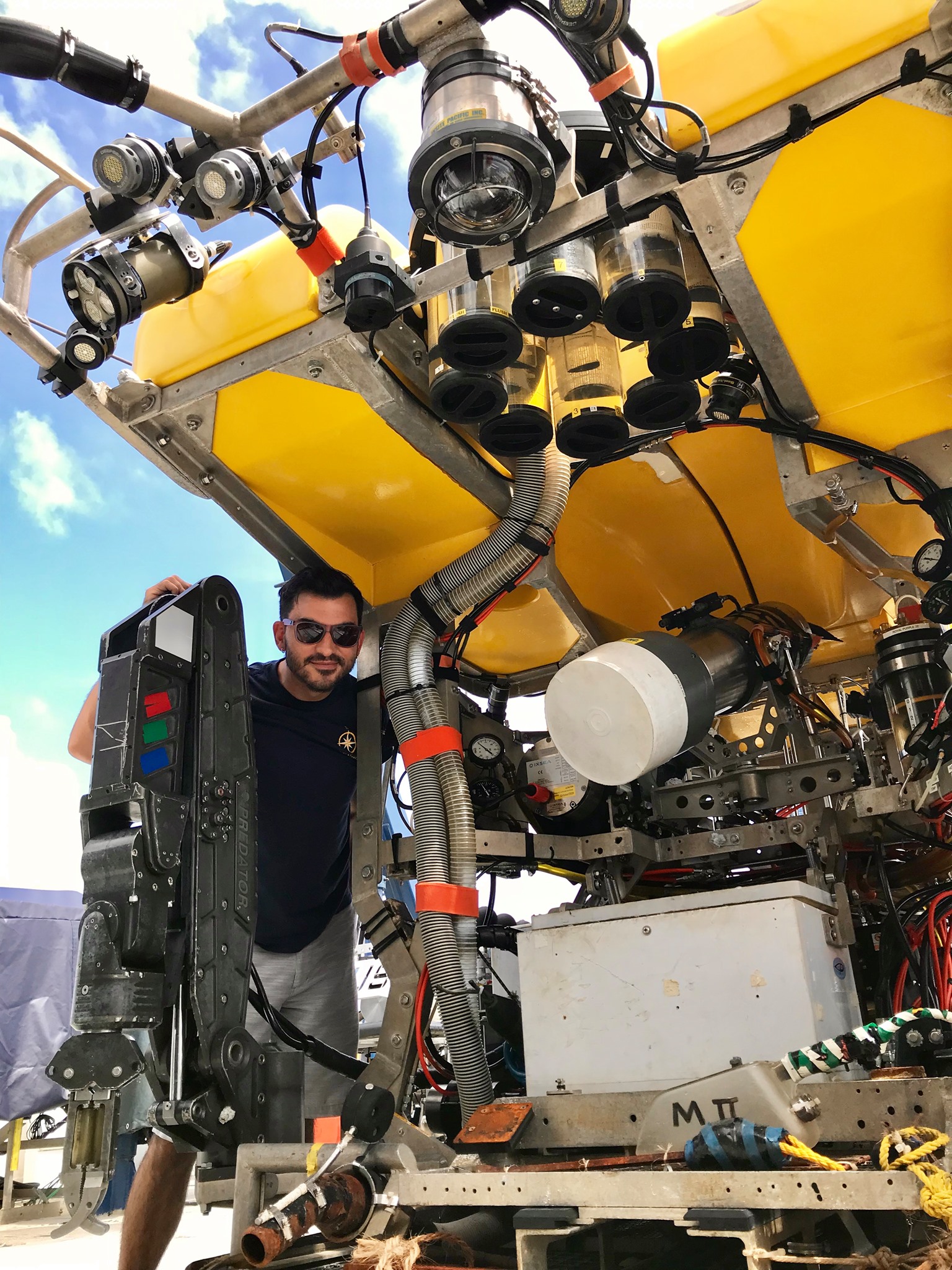
I am the culmination of many years of failure. People think that you get to where you are by being successful, but they forget how many mistakes and hard lessons learned take place between any of those successes. Nobody is batting a thousand: we just tried, failed, learned, and tried again as often as we could. Especially when it comes to science and careers in STEM, it means being ok with risking it all, absolutely shanking it, and trying again until you get it right. That’s how I got to where I am.
What excites you most about your work?
What doesn’t? I work on a campus where the smartest people in the world build nuclear-powered robots and land them on other planets. Every day at NASA is an exercise in attempting not to lose my cool around the crazy new ideas we’re going to try next. We landed on Mars? Great—let’s find signs of ancient life. Oh, and, while we’re waiting, let’s build a mission to look at the alien oceans of Europa or send a quadcopter to Titan.
Best of all, I get to take all of this possibility for the future and share it with students and teachers across the country. Maybe it’s the kids I speak with that make that next breakthrough or develop that next technology. This science is their future and I am so lucky to be able to share it with them.
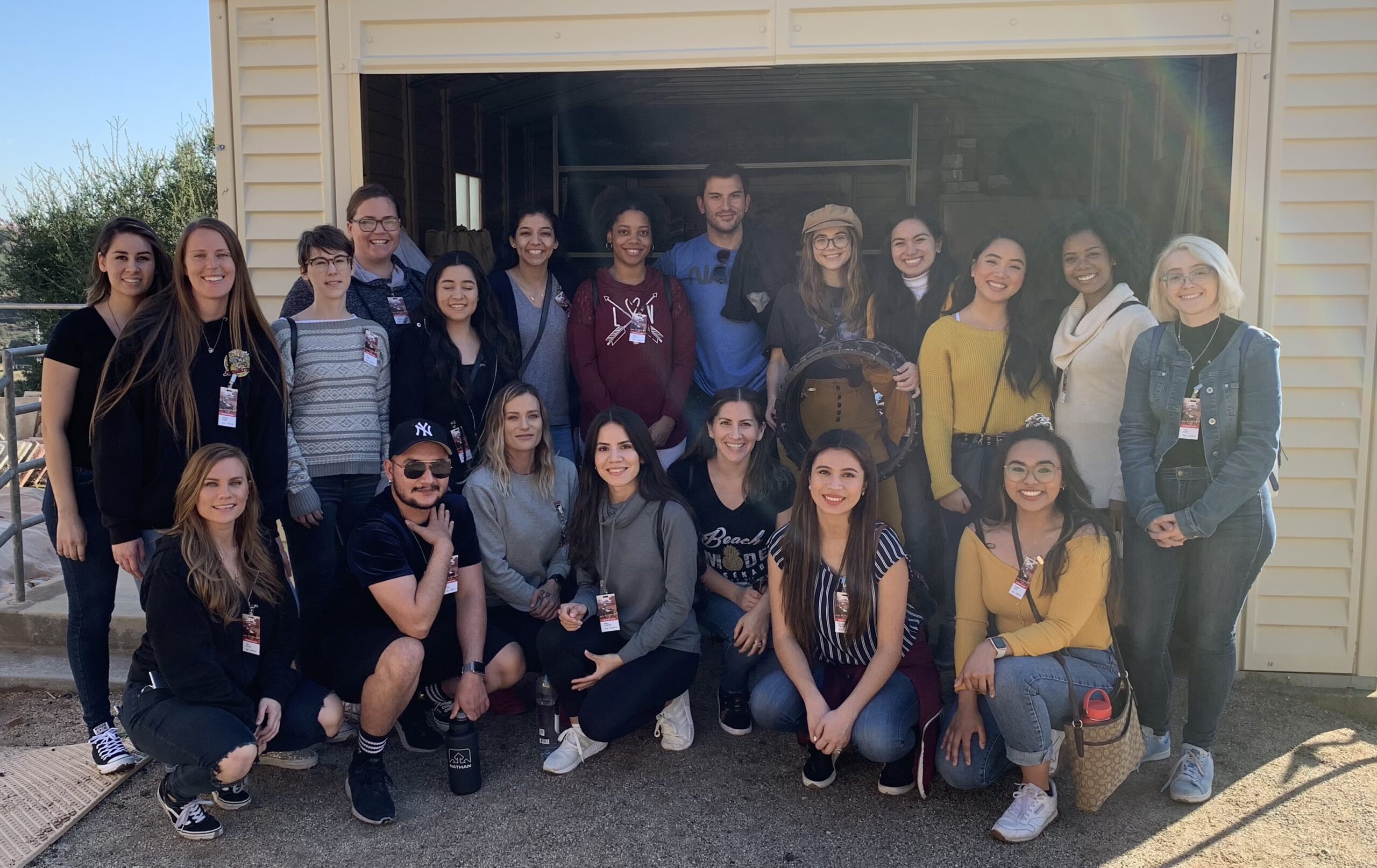
Why do you make?
I make a place for wild ideas. Too often in school—and worse of all, in science classes—kids are afraid to imagine. We live in an education system that over-values blanks to be filled in, grades, and right versus wrong. Can you blame kids for being paralyzed when you tell them to just create? If science class is purely historical—memorizing equations and the people who discovered them—what hope does that give us for science looking forward?
I work with teachers and students who want to take risks, who want to create, and who want to invent. Constructing an environment to do so means undoing years of educational habits, but it is the first step to fostering the great ideas of tomorrow.
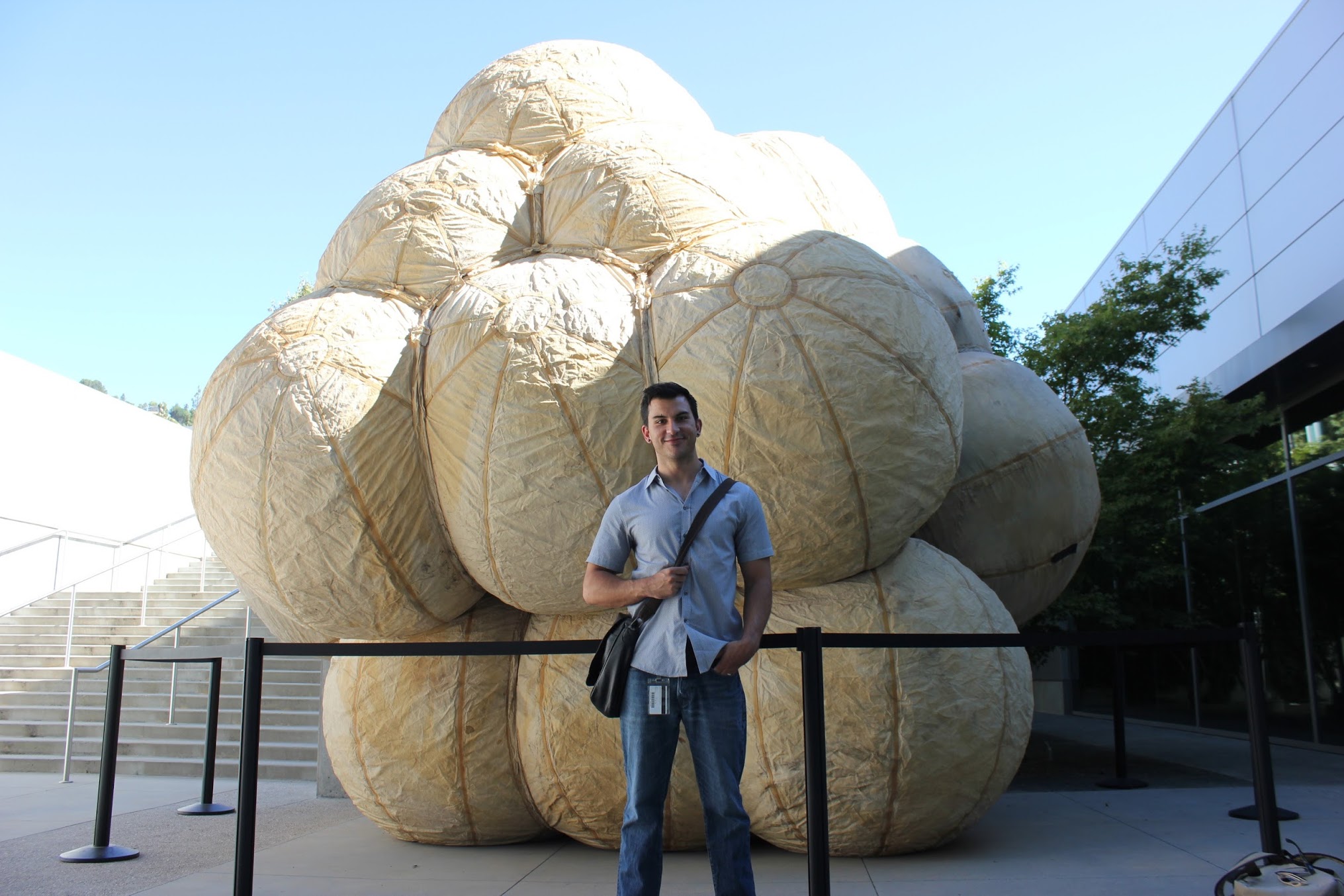
What dreams do you have for young people?
I believe that too often science teachers get too caught up in their own content. I hope teachers will join me in telling young students that our goal is not to make you all chemists or engineers. That’s way too many scientists. We don’t need you all to become scientists, we just need you to think like scientists. Be critical, be creative, question everything you’re told, be skeptical of what you’re presented as truth. You’ll come out with a stronger understanding of the things that really matter to you.
If you could share one word of advice to give to other educators, what would it be?
READ
Are there other makers and/or educators in your community whose work you’d like to promote?
Every day I become a better teacher thanks to Amanda Wood, Nick Giacobbe, and Lisa Daniels. Their passion for promoting creativity and social justice motivates me to always fight the good fight. My scientific role models at JPL are Christina Hernandez, Farah Alibay, and Tracy Drain. They are such champions for inspiring curiosity in scientists and students alike.
